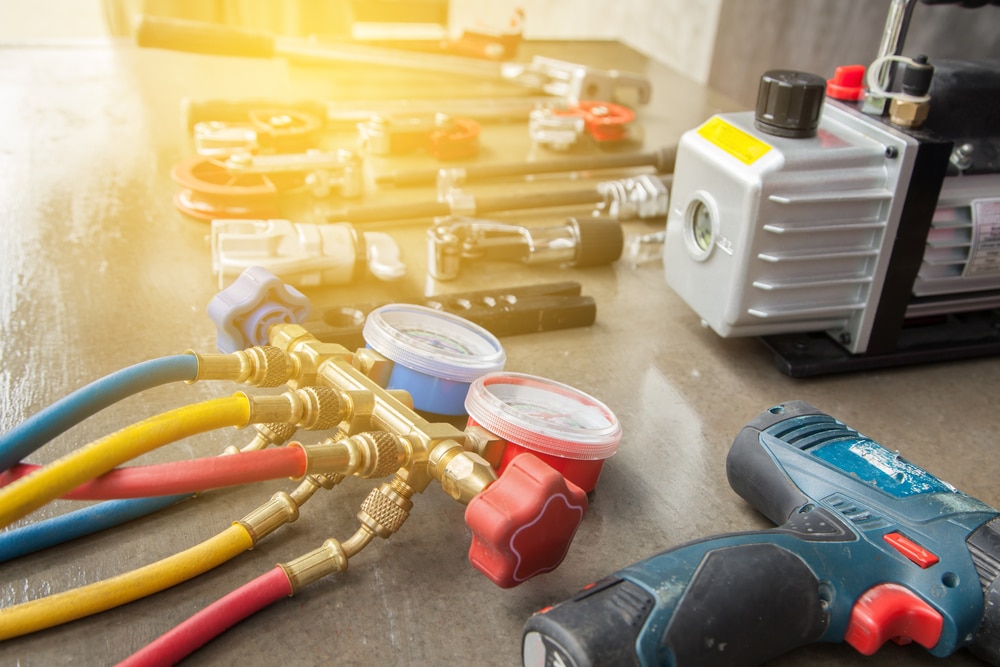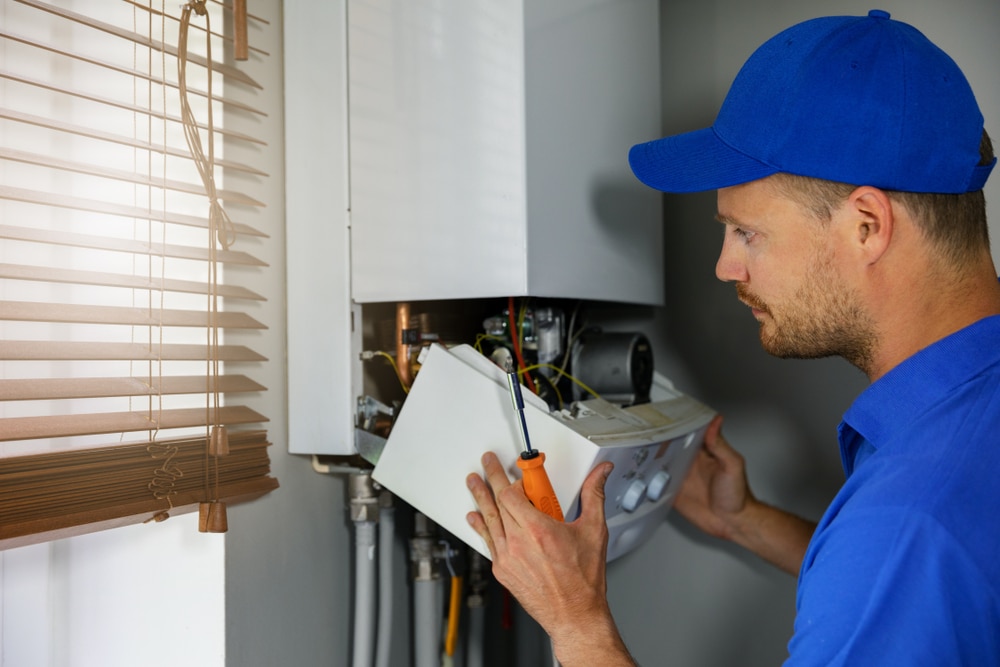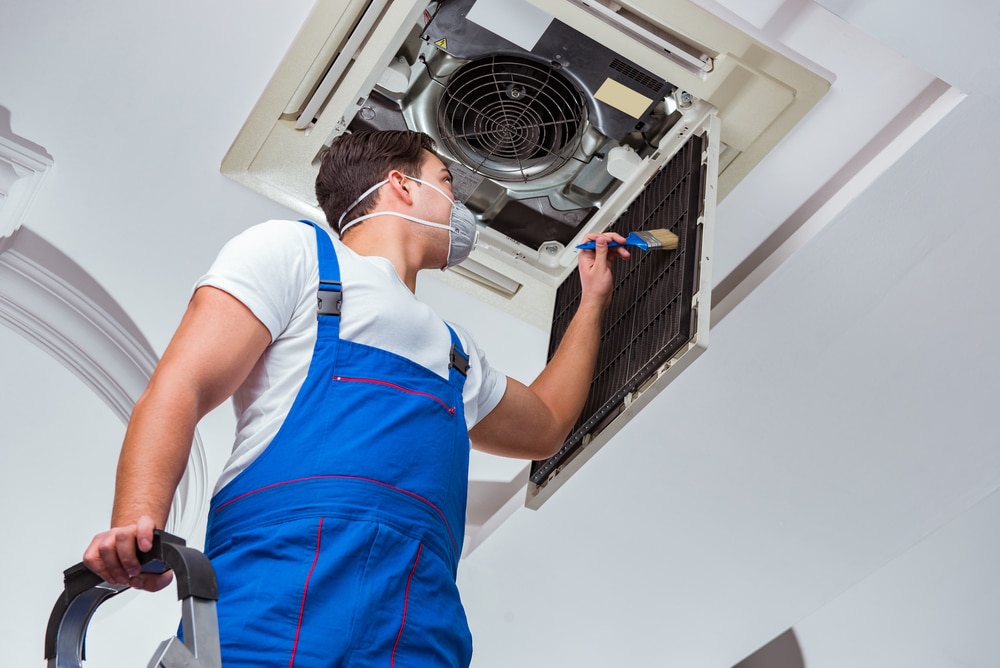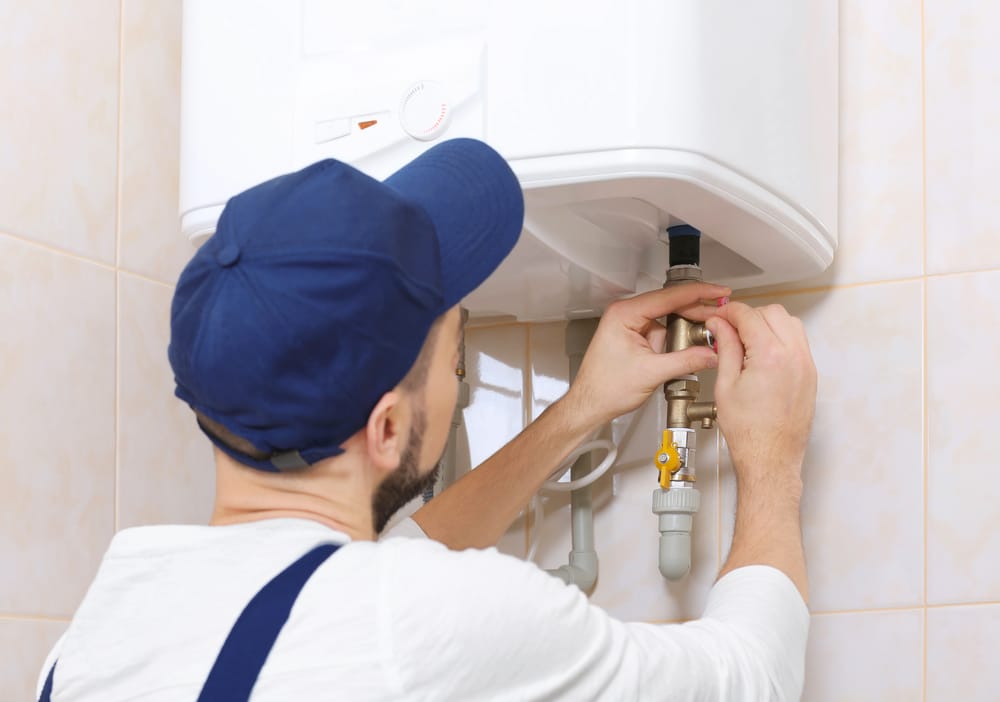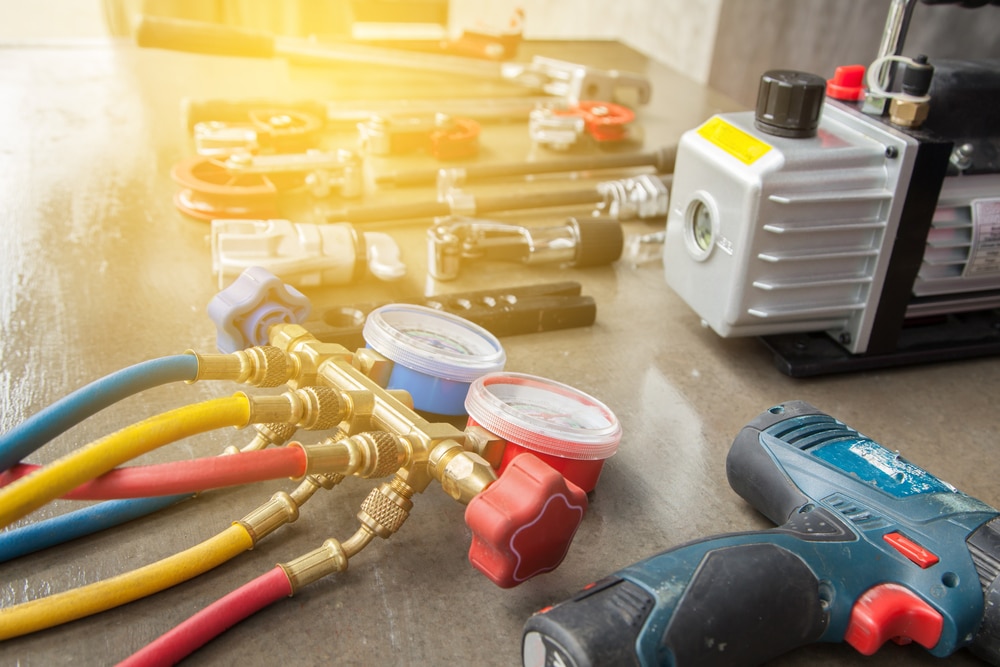Understanding the water that flows through our homes is crucial, not only for our health but also for the longevity and efficiency of our plumbing systems. Hard water, laden with high levels of calcium and magnesium, can wreak havoc on your plumbing system, leading to an array of complications ranging from minor annoyances to significant structural issues.
Regular exposure to these minerals can result in scaling, decreased water pressure, and the premature breakdown of appliances. However, before you resign yourself to a life of plumbing problems and costly replacements, there are measures you can take to mitigate these impacts. With a clear understanding of hard water and its consequences, you can implement strategies to protect your home, ensuring that your plumbing system remains in optimal condition.
So, we’ll explore the tell-tale signs of hard water damage, the science behind these problems, and most importantly, the solutions and preventive measures that can be undertaken to safeguard your plumbing system.
Signs of Hard Water in Your Home
Identifying the presence of hard water in your home is the first step toward mitigating its effects on your plumbing system. Some common signs of hard water include:
1. Soap Scum and Scale Buildup
Hard water can cause an accumulation of soap scum on surfaces like shower walls, sinks, and tubs, as well as scale buildup on fixtures and faucets. This buildup can be unsightly and challenging to clean.
2. Stained Fixtures
With hard water, mineral deposits can leave unsightly stains on your sinks, toilets, and bathtubs, giving them a dull and dirty appearance even after thorough cleaning.
3. Reduced Water Pressure
Mineral deposits from hard water can gradually clog your pipes, leading to reduced water pressure in your showers and faucets.
4. Decreased Appliance Efficiency
Hard water can also lead to mineral deposits inside appliances like washing machines and dishwashers, reducing their efficiency and potentially shortening their lifespan.
Water Softening Solutions
Water softening systems are designed to reduce the hardness of the water throughout your home. By investing in a water softening solution, you can minimize the impact of hard water on your plumbing system.
1. Salt-Based Water Softeners
These systems use ion exchange to replace calcium and magnesium ions in the water with sodium ions, effectively softening the water. Salt-based water softeners are a common choice for homeowners who want a whole-house solution.
2. Salt-Free Water Conditioners
Rather than removing minerals from hard water, salt-free water conditioners alter the structure of mineral ions, preventing them from adhering to surfaces and forming scale. These systems are an excellent option for those who prefer a low-maintenance, environmentally friendly solution.
3. Magnetic Water Conditioners
Magnetic water conditioners use powerful magnets to change the molecular structure of the water, preventing minerals from forming scale deposits. They help to reduce the effects of hard water without the need for chemicals or salt.
Preventive Measures for Protecting Your Plumbing System
In addition to installing a water softening solution, consider adopting the following preventive measures to further protect your plumbing system from the negative effects of hard water:
1. Proper Maintenance
Regular maintenance, such as flushing your water heater, can help to minimize sediment buildup and prolong the life of your appliance. Consult your water heater’s manufacturer guidelines for specific instructions.
2. Install Sediment Filters
A sediment filter, installed at the main water line entrance to your home, can help to trap and remove solid particles like sand, dirt, and debris that can cause clogs and damage your plumbing system over time.
3. Protect Your Appliances
To safeguard your appliances and reduce mineral buildup, install a certified appliance scale inhibitor. This device sends polyphosphate into the water supply, helping to prevent scale from forming inside your appliances.
4. Regular Inspection by Professionals
Scheduling regular professional inspections can help identify any potential issues before they escalate into costly repairs. This is especially important for homes with hard water, as pipe corrosion and other damage can occur over time.
Understanding the Effects of Hard Water on Your Plumbing System
Ultimately, the impact of hard water on plumbing systems is a significant concern requiring both awareness and proactive action. While hard water is not harmful to health, its effects on the plumbing system can lead to inconvenience, high costs, and energy inefficiency. So, implementing effective solutions and preventive measures is vital to ensure the longevity and efficiency of your plumbing system in the face of hard water.
When you need expert assistance with hard water solutions and plumbing services in Jackson, WY, look no further than Jade’s Heating and Plumbing LLC. Our team of skilled technicians is prepared to help you find the ideal water softening system and develop a preventive maintenance plan designed to protect your home’s plumbing for years to come. Contact us today to discuss your needs and schedule a service appointment.


